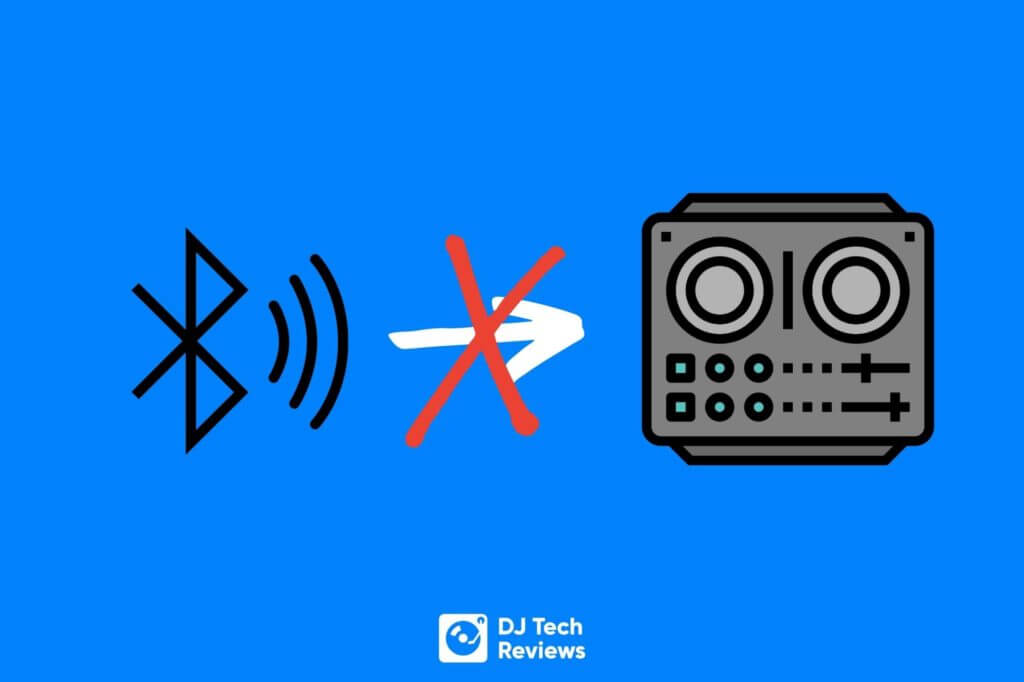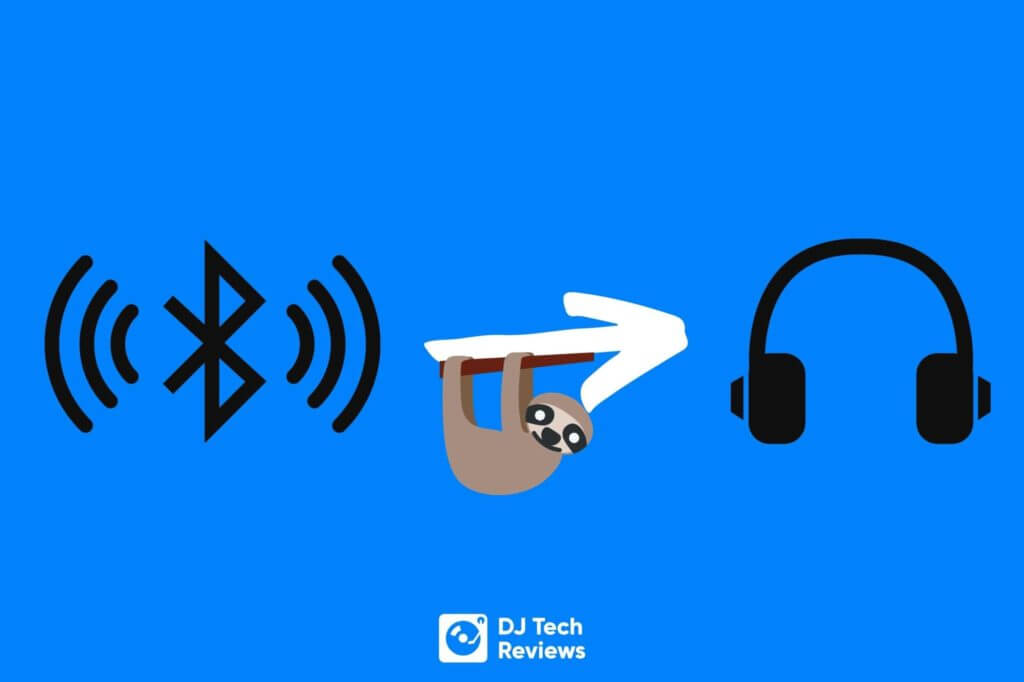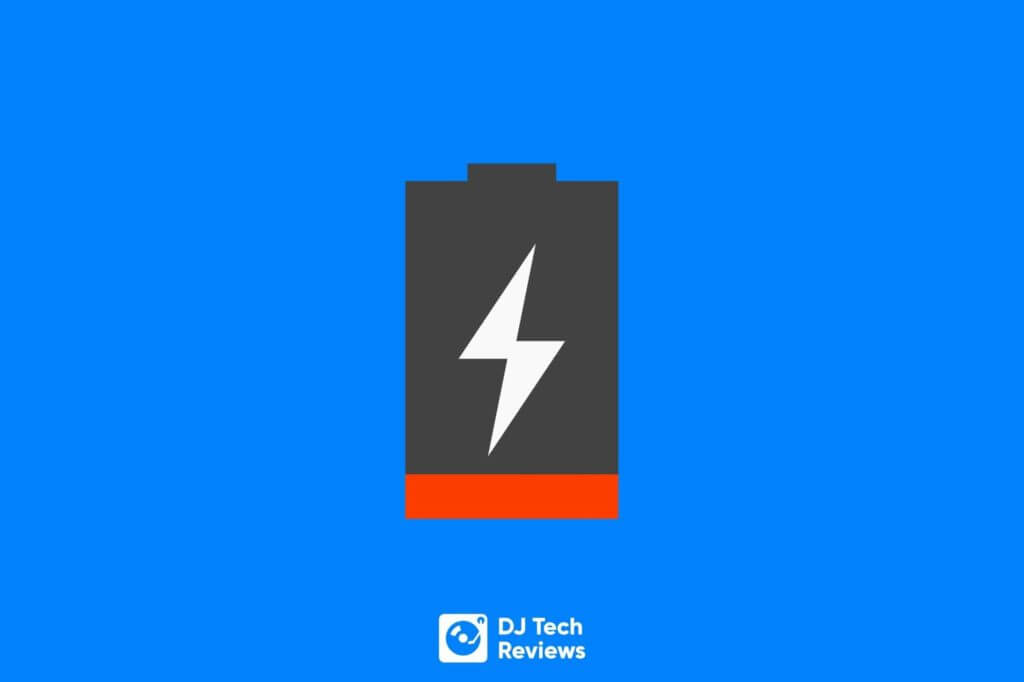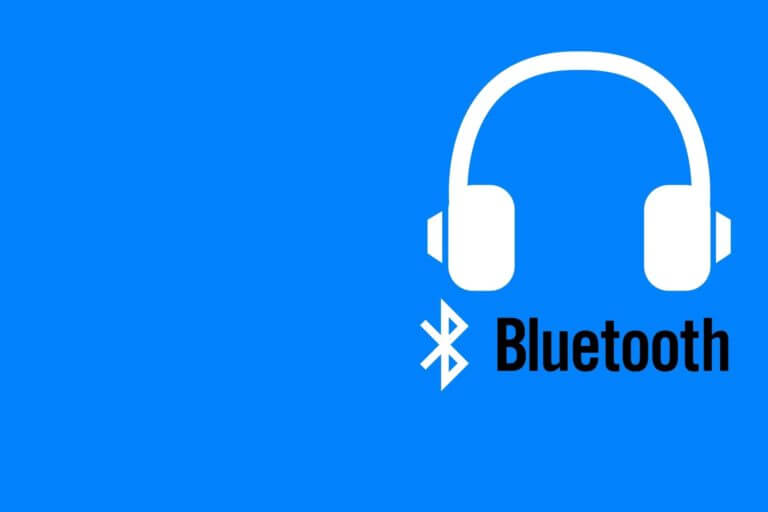You’ve got a pair of expensive Bluetooth cans and are now sitting there wondering “can I DJ with Bluetooth headphone?” Back in the day, when technology wasn’t what it is today, it only made sense that people would have to use wired headphones. After all, what other option was there?
Now though, things are different. Today, with the advent of Bluetooth and wireless devices, many once wired devices can be used freely up to several feet from their main source, without fear of tripping over a cord or accidentally tearing the headphone cable from the power source.
As such, with the hectic nature of being a DJ, it only makes sense that people would clamor for a chance to use regular wireless headphones while performing a set. It’s a match made in heaven, right?
So then why are wired headphones still the primary and prominent method used by DJs even now? Although Bluetooth connection has almost become the norm when it comes to the casual listening experience, in the DJ community they are regarded almost as taboo in its lack of use, particularly with experienced and established DJs.
So what’s the issue? Well, in this overview, we’ll get into why DJs don’t use wireless headphones at large. We’ll also go over if it’s even possible or effective to use Bluetooth headphone like a DJ and what the reasons are for why it is or isn’t.

Can I DJ With Bluetooth Headphones? Is it Even Possible?
Technically? Yes. In actuality? Not a chance.
While it technically is possible to DJ using Bluetooth headphone, there are a lot of drawbacks that make it incredibly difficult at the best of times and outright skirting the line as being impossible in the worst of times. Things like a headphone’s battery life, latency, or the fact that you can’t even use a DJ controller (as they rarely ever have wireless functionality) all play a huge factor in Bluetooth DJing being as untenable an option as it is.
Why Bluetooth Headphones Are Bad For DJing?
As mentioned, there is a myriad of different reasons why Bluetooth headphone are way more trouble than they’re worth when it comes to using them for DJing. Below are just some of the immediate major reasons you’re better off using wired headphone and calling it a day, potential wire-tripping and all.
Reason #1. Limited Connectivity With DJ Controllers
Before getting into any of the other reasons, we have to talk about the elephant in the room, and that’s the fact that wireless headphones aren’t natively capable of connecting with DJ controllers. This is because, with rare exceptions, the vast majority of controllers don’t come with wireless Bluetooth transmitter. This means that, for the overwhelming majority of instances, you quite literally will be unable to use your headphones in the first place.
There are ways around this (which we will go over later) but the point still stands that, coming out of the gate, you’re probably not going to be able to use Bluetooth headphone anyway.
Modifying Your DJ Controller For Bluetooth
There are other very serious reasons why using Bluetooth headphone isn’t worth your time, however, when it comes to connecting them to your DJ controller, there is a way to bypass the otherwise impossible first step that most people will deal with.
To do this, you’ll need to install your controller with a Bluetooth receiver device. These devices, as the name implies, work by acting as a middleman between your controller and the wireless headphones, allowing you to functionally connect them.
Keep in mind that all this does is connect the headphones with the controller. This just means that you can now deal with the other pressing issues that come from using a Bluetooth headset.

Reason #2. Latency Issues
There is a SECOND elephant in the room, it’s as big as the first. So let’s say that you do manage to connect your controller to your Bluetooth headphone. Even still, that isn’t going to do much when it comes to one of the biggest pitfalls with DJing with wireless headphones – audio latency.
For most people, when using Bluetooth headphone, you can expect the average bluetooth latency to be around 150 milliseconds. And while, for casual use, that amount of latency is hardly recognizable, when it comes to a DJ and the immense amounts of precision required (particularly when beatmatching), it can be a death sentence.
Don’t believe me? Here’s a mock example to show just how significant those 150 milliseconds can be:
Let’s say you’re beatmatching a pair of songs at 120 beats per minute (a fairly average pace for most songs). If you were going at that pace, that means, for every 120 beats per minute (BPM), you have a beat every 500 milliseconds.
Suddenly, 150 milliseconds is quite so imperceptible, as it’s just around a third of the time it takes for a beat to happen. That’s more than enough time to throw off any beat matching by ear since you’d only be working with two-thirds of the time per beat.
This isn’t even talking about what happens when you start playing with the fader or try mixing the tracks around. Suffice to say, because you’re factually operating 150ms off, due to the latency, the timing will be completely off-kilt, resulting in something that just doesn’t sound good even in the best of circumstances.
Reason #3. Battery Life Drainage
Lastly, while not quite as immediately detrimental as dealing with latency problems or not being able to connect with your controller at all, another pretty big issue with wireless DJ headphones is the fact that they are quite literally running on a timer every time you use them.
Even if we’re being gracious, and saying you’re using a high-quality wireless headphones set with a 30-hour battery life, all it takes is one instance of forgetting to charge your DJ headphones (or not charging them enough) and you’re sitting in the booth looking like an idiot with dead headphones on your ears.
Not only will this likely ruin any chance of booking a gig at that venue again but, if this happens more than once, you could gain a reputation for not being a reliable DJ, something that can very quickly poison new venues against you as well sour you to the public at large.

Can I DJ With Bluetooth Headphones: Takeaway
Ultimately, while Bluetooth headphone are technically an option when it comes to performing a gig as a DJ, you’re just going to have to jump through too many insurmountable hoops with no real benefit. The only leg up over wired headphones is that you won’t get tangled up with the wire cable – which is utterly redundant when you consider that DJ headphones come with an entirely detachable audio cable wire.
Not only are wireless DJ headphone incredibly difficult to use, but when it comes right down to it, they’re also just not worth it. Instead, you’re much better off investing in a solid pair of DJ headphones and being a bit more careful with how you step.
RELATED ARTICLE: DJ Headphones vs Normal (Who Wins?)




